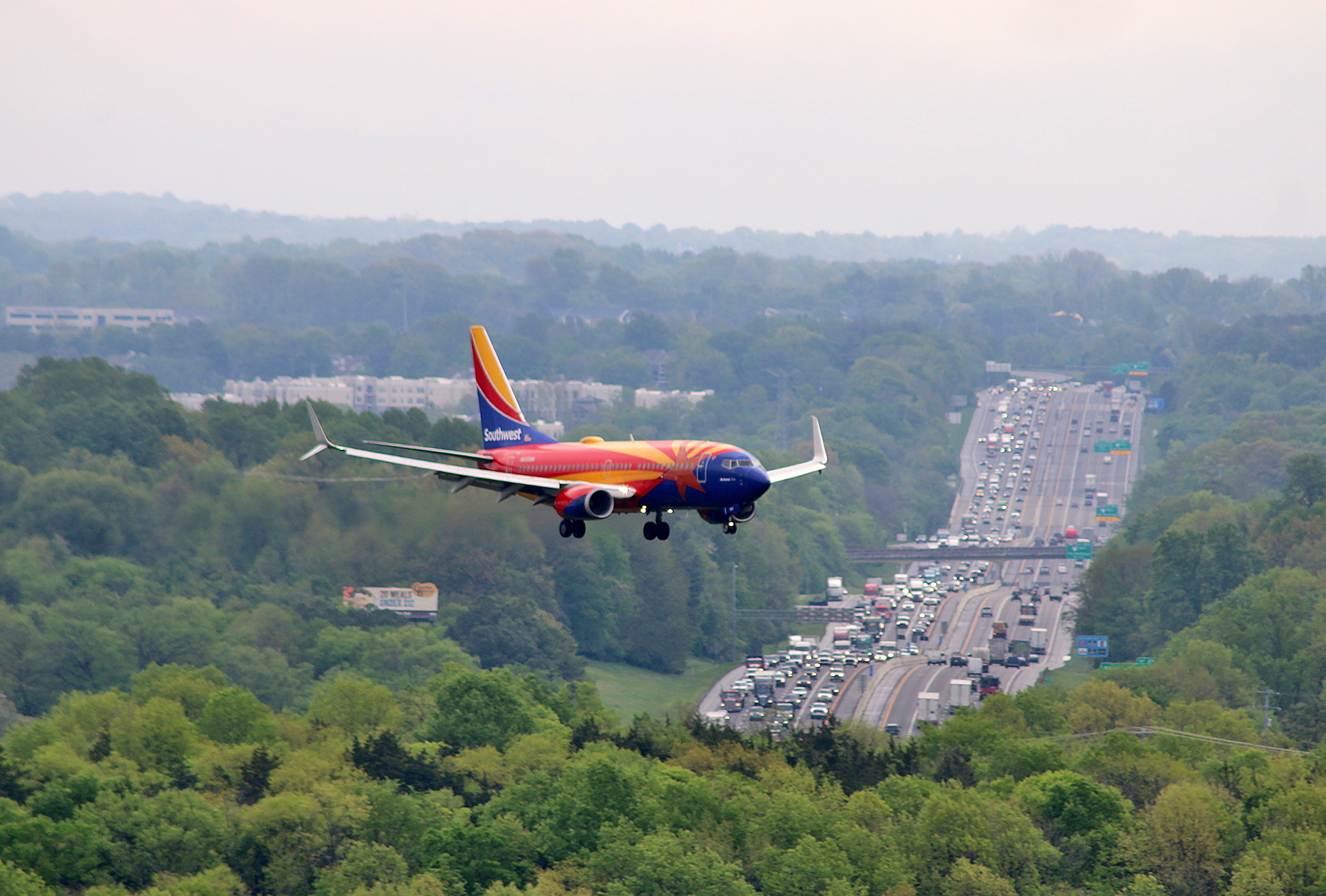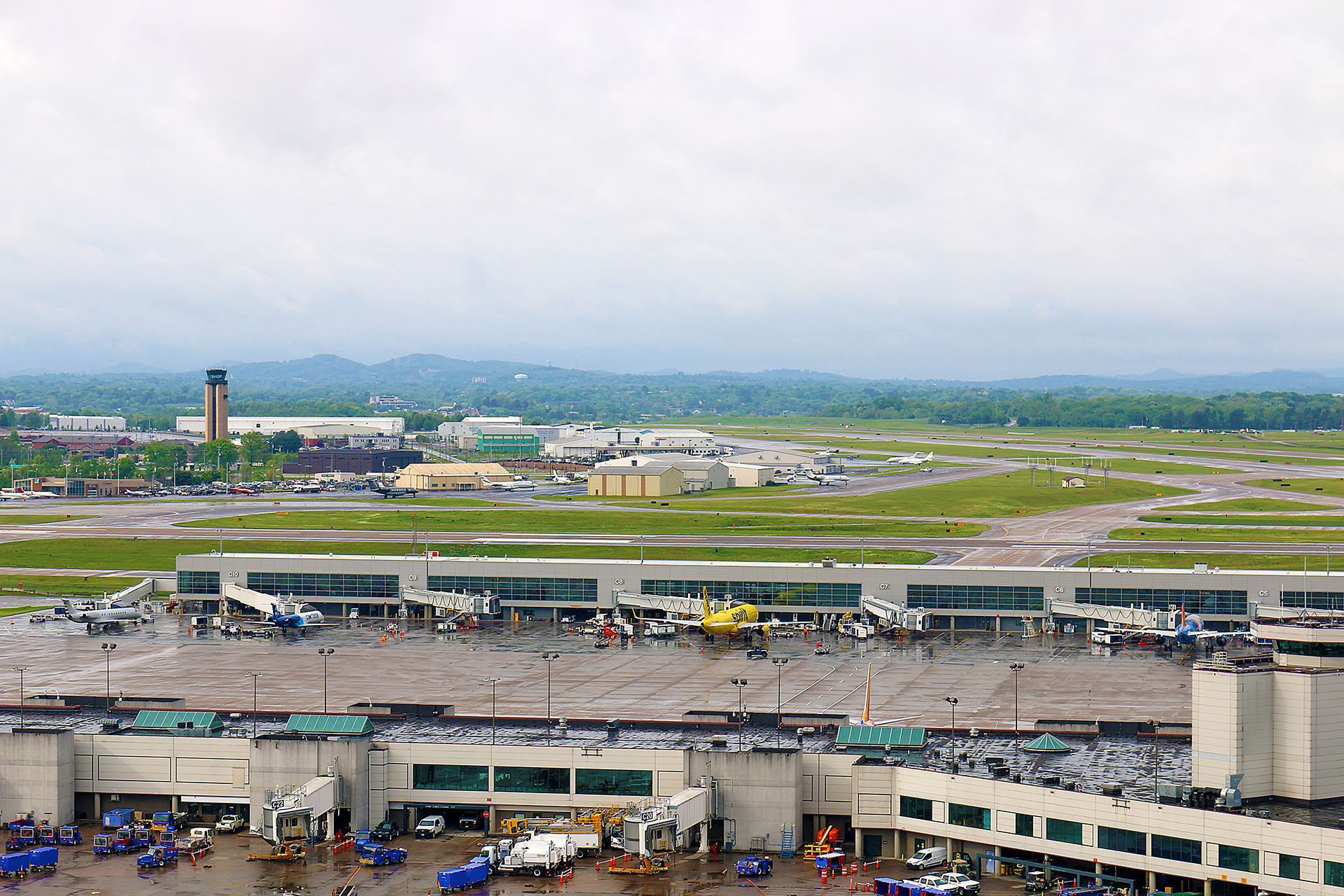New final rules were officially announced from the Department of Transportation of the United States that require airlines to provide automatic refunds and protection from surprise junk fees.
Automatic Refunds and Protection From Surprise Junk Fees: New Final Rules
Airlines will be required to automatically give cash refunds to their customers for flights which are canceled or were significantly delayed. Combined with protecting consumers from costly surprise airline fees, the measures are expected to save consumers greater than $500 million each year and more of their time while simultaneously significantly expanding protections for passengers in commercial air travel and providing passengers an easier pathway to refunds when owed.
The two rules have been extracted from this official fact sheet that was released on Wednesday, April 24, 2024 as follows:
1. The Requirement of Automatic Cash Airline Refunds
Airlines will be required to promptly provide passengers with automatic cash refunds when owed if their flights were cancelled or significantly changed; their checked bags were significantly delayed; or the ancillary services — such as Wi-Fi, as one of numerous examples — which they purchased are not provided.
Without this rule, consumers must navigate a patchwork of cumbersome processes to request and receive a refund — searching through airline websites to figure out how to make the request, filling out extra “digital paperwork,” or at times waiting for hours on the phone. Passengers would also receive a travel credit or voucher by default from many airlines instead of getting their money back, so they could not use their refund to rebook on another airline when their flight was changed or cancelled without navigating a cumbersome request process.
This rule from the Department of Transportation simplifies the process of passengers to receive the money which they are owed, as the process becomes more straightforward. This final rule requires refunds to be:
- Automatic: Airlines must automatically issue refunds without forcing passengers to explicitly request them or go through unnecessary hurdles to get them.
- Prompt: Airlines and ticket agents must promptly issue refunds within seven business days of refunds becoming due for credit card purchases; and 20 calendar days for other payment methods.
- Cash or original form of payment: Airlines and ticket agents must provide refunds in cash or whatever original payment method the individual used for the purchase — such as credit cards or miles from airline membership programs. Airlines may not substitute vouchers, travel credits, or other forms of compensation unless the passenger affirmatively chooses to accept alternative compensation.
- Full amount: Airlines and ticket agents must provide full refunds of the ticket purchase price, minus the value of any portion of transportation already used. The refunds must include all government-imposed taxes and fees and airline-imposed fees.
2. Protection Against Surprise Junk Fees From Airlines
Airlines and ticket agents will be require to tell consumers upfront what fees they charge for checked bags, for a carry-on bag, for changing a reservation, or for cancelling a reservation. This rule will ensure that consumers can avoid surprise fees when they purchase tickets from airlines or ticket agents — including both brick-and-mortar travel agencies or online travel agencies.
This rule will help consumers avoid unneeded or unexpected charges that can increase quickly and add significant cost to what may initially appear to be an inexpensive ticket. Extra fees — such as for checked baggage and changes to an itinerary — have been a growing source of revenue for airlines while simultaneously also becoming deliberately more complex and confusing for passengers over time.
This rule from the Department of Transportation ensures that consumers have the information they need in order to better understand the actual true costs of air travel. Under this final rule, airlines are required to:
- Disclose baggage fees, change fees, and cancellation fees upfront: Each fee must be disclosed the first time that fare and schedule information is provided on the official online platform of the airline — and each fee cannot be displayed through a hyperlink.
- Explain fee policies before ticket purchase: For each type of baggage, airlines and ticket agents must give in detail the weight and dimension limitations that they impose. They must also describe any prohibitions or restrictions on changing a flight or cancelling a flight — along with policies that are related to differences in fare when switching to a more expensive flight or a less expensive flight.
- Share fee information with third parties: An airline must provide useable, current, and accurate information regarding its baggage fees, change fees, and cancellation fees and policies to any company that is required to disclose them to consumers and receives fare, schedule, and availability information from that airline.
- Inform consumers that seats are guaranteed: When offering an advance seat assignment for a fee, airlines and ticket agents must let consumers know that purchasing a seat is not necessary to travel so that consumers can avoid paying unwanted seat selection fees.
- Provide both standard and passenger-specific fee information: Consumers can choose to view fee information that is specific to passengers based on their participation in the membership program of an airline, their military status, or the credit card that they use — or they can decide to stay anonymous and get the standard fee information.
- End discount bait-and-switch tactics: The final rule puts an end to the bait-and-switch tactics some airlines use to disguise the true cost of discounted flights. It prohibits airlines from advertising a promotional discount off a low base fare that does not include all mandatory fees that are imposed by the carrier.

Joseph Biden signed an Executive Order on Promoting Competition on Friday, July 9, 2021 that encouraged the Department of Transportation to take steps to promote fairer, more transparent, and competitive markets as part of the plan to lower costs for consumers and take on “corporate rip-offs”. Since Biden became president of the United States, the Department of Transportation has helped return greater than $3 billion in refunds and reimbursements that were owed to airline passengers — including greater than $600 million to passengers who were affected by the meltdown of the operations of Southwest Airlines during the holiday season in 2022.
In addition to finalizing the aforementioned rules, the Department of Transportation is also pursuing the enactment of rules that would:
- Propose to ban family seating junk fees and guarantee that parents can sit with their children for no extra charge when they fly. The Airline Family Seating Dashboard was introduced by the Department of Transportation on Sunday, March 5, 2023 in order to assist consumers in selecting an airline which has committed to guaranteeing that an adult passenger who is accompanied by a child who is 13 years of age or younger will sit together in adjacent seats aboard an airplane throughout the entire duration of the flight at no additional cost for all types of fares. Four of the ten airlines currently abide by the proposed ruling.
- Propose to ensure that compensation and amenities to passengers are mandatory when airlines cause flight delays or cancellations.
- Expand the rights for passengers who use wheelchairs and ensure that they can travel safely and with dignity. The comment period on this proposed rule closes on Monday, May 13, 2024.
Travelers can learn more about their protections when they travel via airplane at FlightRights.gov. Consumers may file an airline complaint with the Department of Transportation here.
Final Boarding Call
One reason why I like the idea of full refunds is that they do not expire. Cash is cash. When airlines offer vouchers, they only retain their value for one year before they automatically expire. I find that unfair when the customer is not at fault. Plus, cash can be used almost anywhere on almost anything else — unlike a voucher, which is only valid with the airline that issued it and usually has restrictions in addition to expiration of its value in one year. Customers should get a refund of their money without having to specifically ask for it when an airline owes them money and not have it replaced with restrictive vouchers.
I also have always been an advocate for customers to know upfront what all the costs that they are facing will be when traveling by airplane. No business entity should ever be allowed to advertise a lower price when mandatory or unavoidable fees will be added to the total cost. I believe that all companies have a right to charge what they want and let the free market dictate whether the fees are fair. They should not be allowed to hide those fees from the customer — especially when advertising a rate with the mandatory fee excluded to deceive the customer into thinking they are initially getting a better price — and these companies do have a right to earn as much revenue and profit as possible…
…but I also do not like having to rely on intervention by the government, as it usually goes awry — even in the rare occurrence that the rules and legislations are actually created with good intentions and not for political reasons. Only time will tell if these rules are actually enforced…
…and I also believe that the president of the United States currently has far more pressing concerns to which he needs to apply his attention…
All photographs ©2024 by Brian Cohen.
